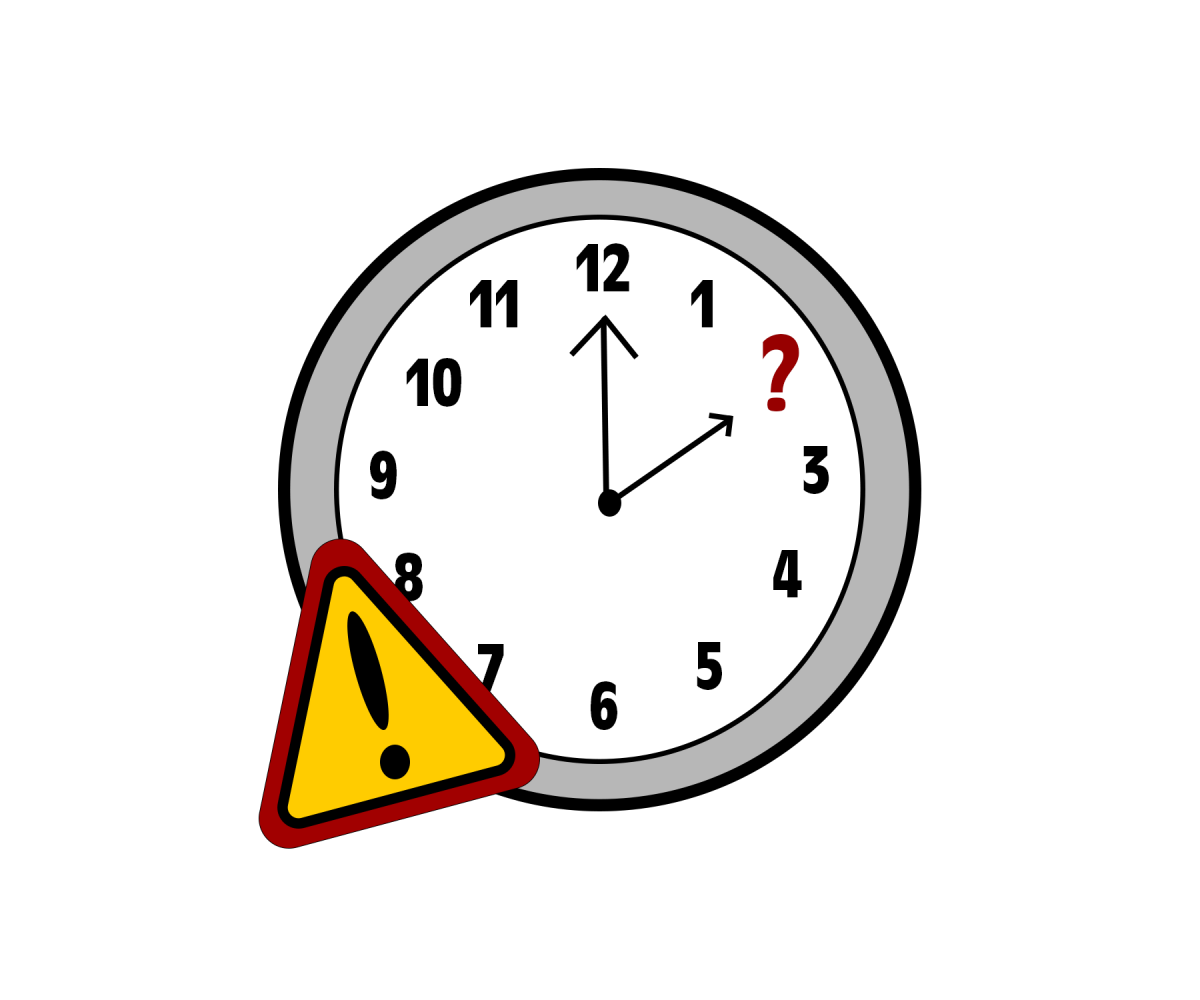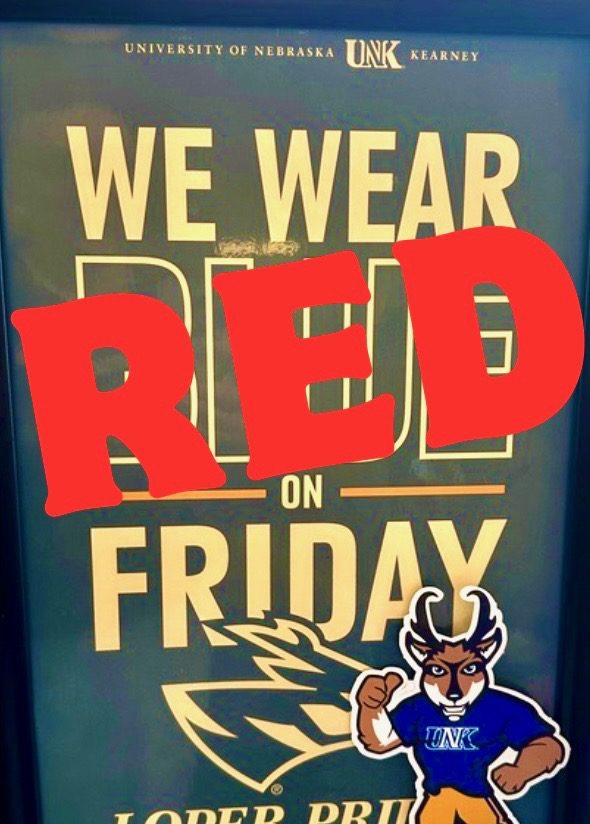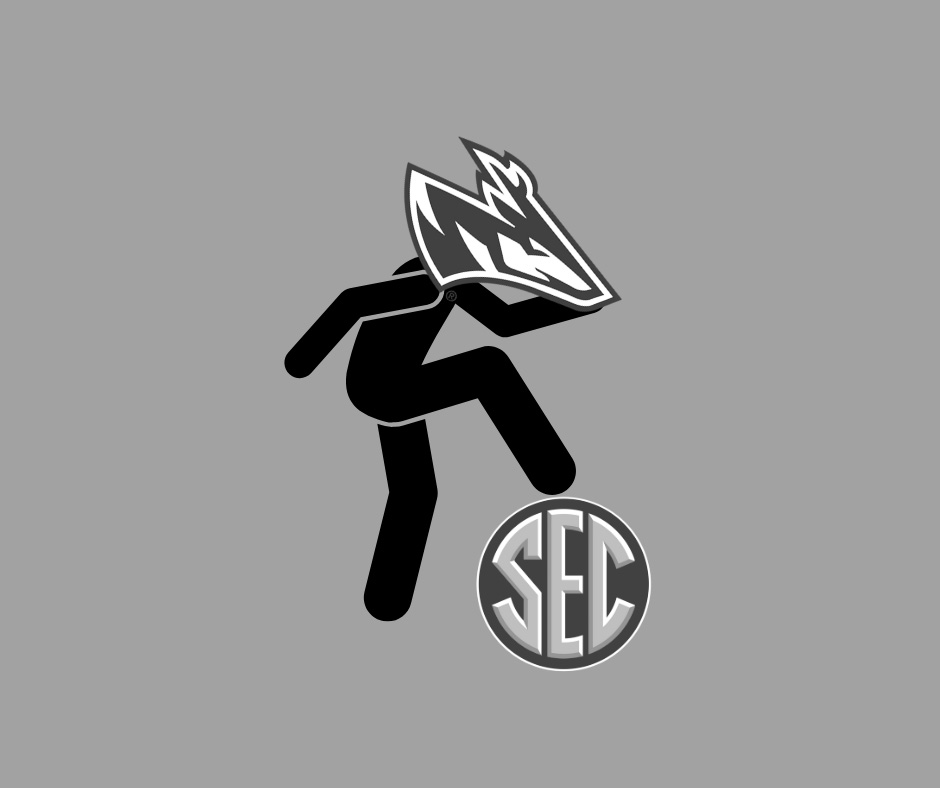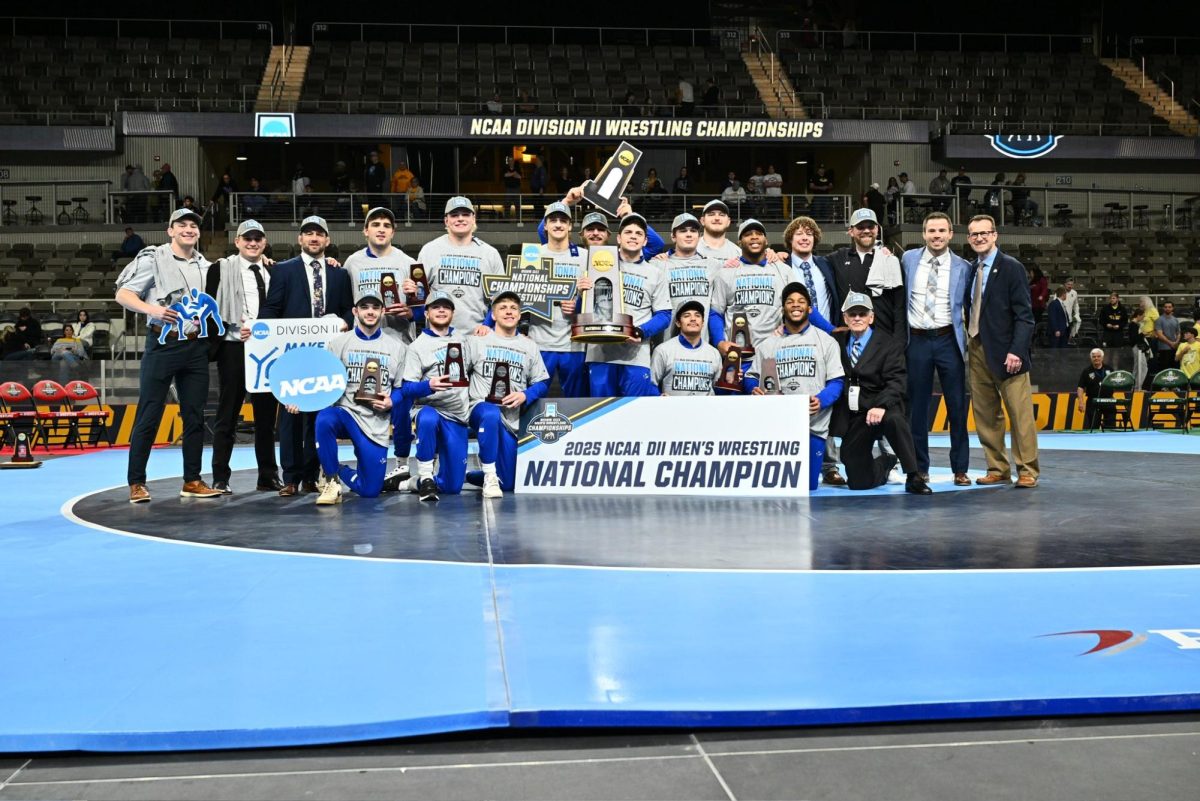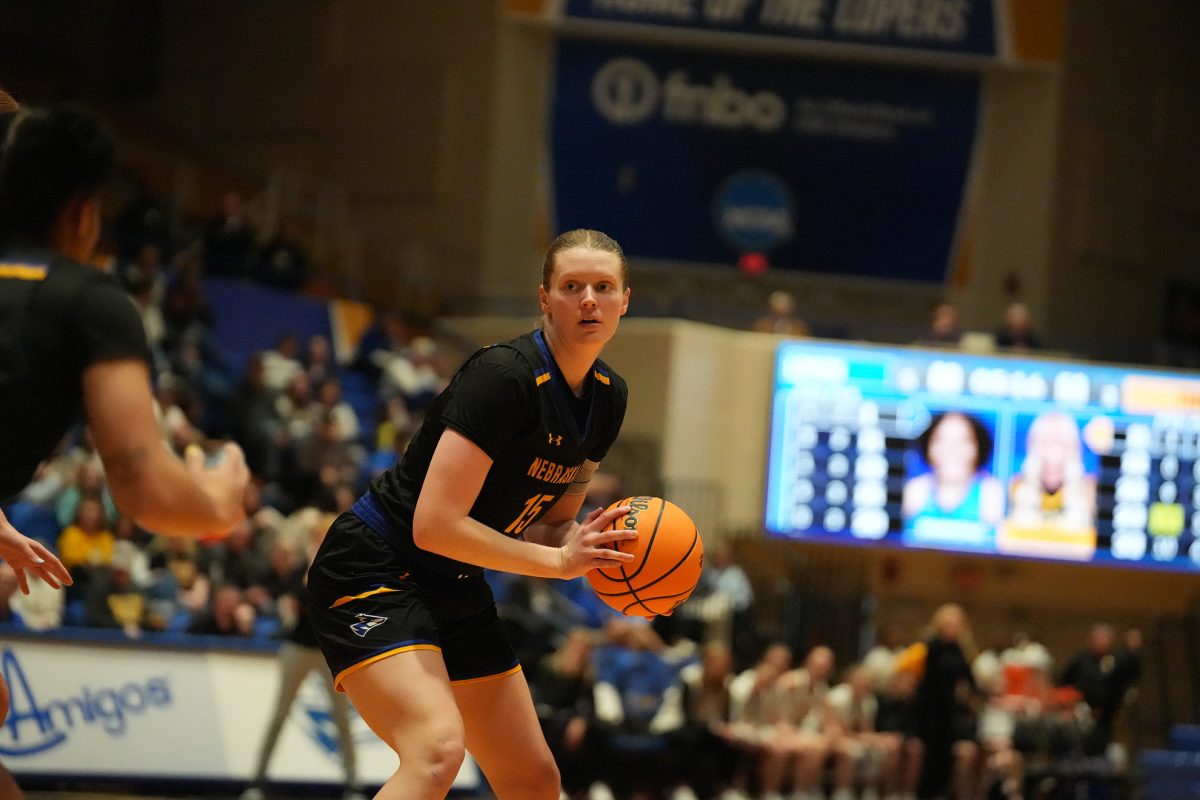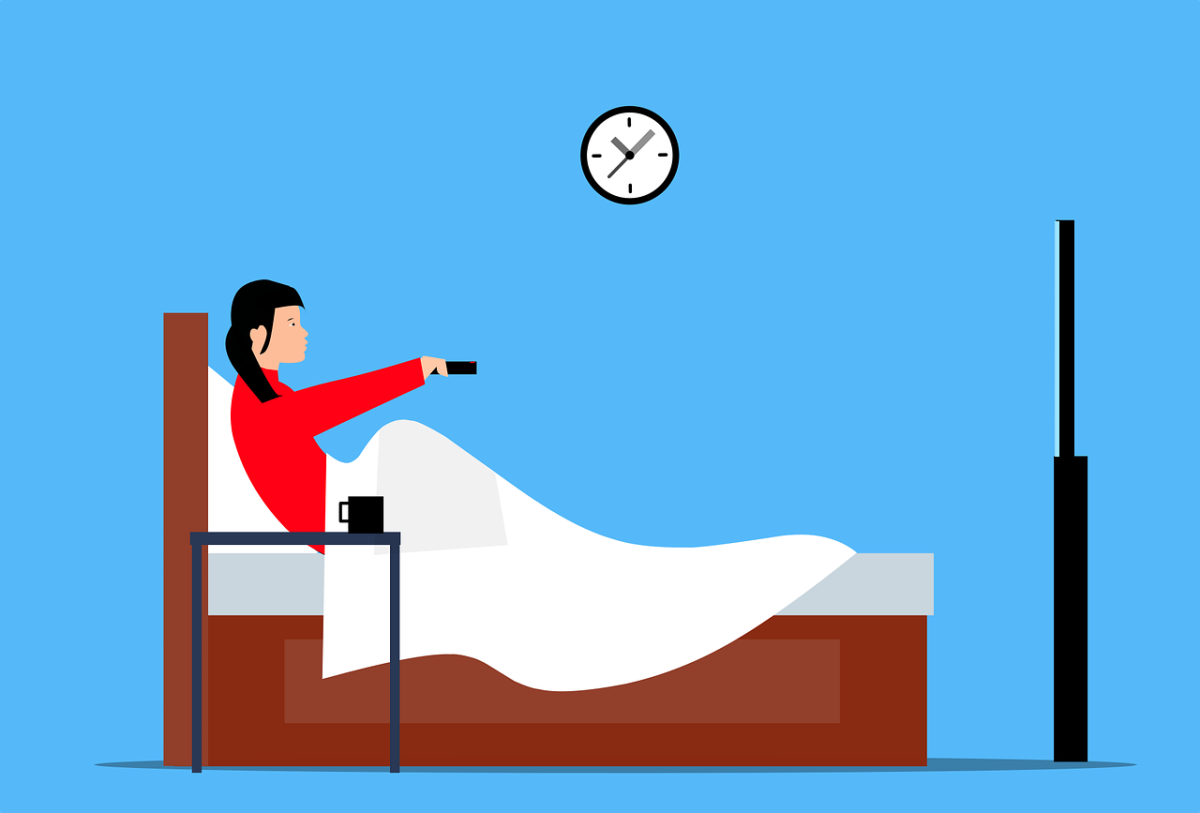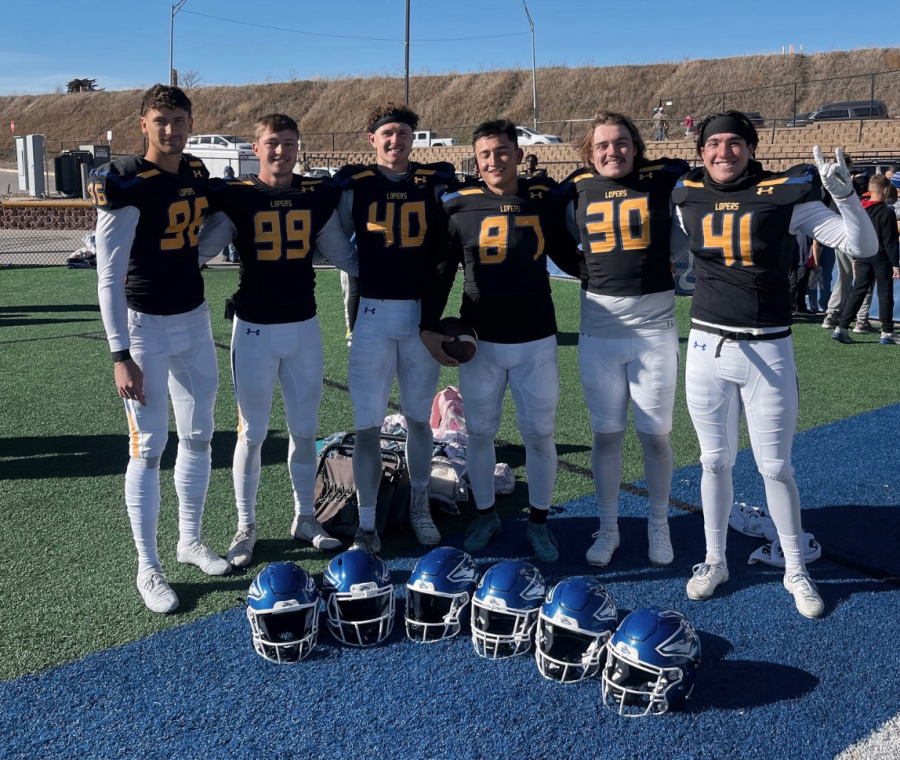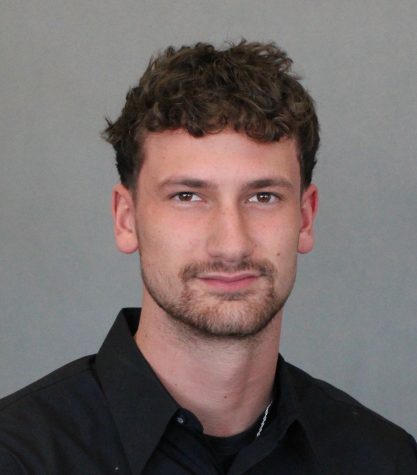failingk@lopers.unk.edu
On a traditional American football team there are offensive and defensive players, and most of the time a few specialists as well. Specialists are a group of players that are not part of the offense or defense but are in the business of snapping and kicking footballs for special teams.
There is an evident difference in lifestyle, training, practice and gamedays between specialists and the rest of a football team. Specialists almost always come into a game on the fourth-and-1 or at the end of a drive. They get one play to do their job and get off the field.
Unlike the rest of the team who play off momentum, chemistry, emotion and stamina, specialists get very few chances to go and perform. The specialists lead a make or break play, whether it is getting a punt off so the other team doesn’t score or making a field goal to tie or win a game. Having such a small number of chances increases the pressure put on the specialists to do their one job during a play and do it perfectly, or they are usually at fault for the whole play failing.
The pressure and the one-chance plays call for specialists to not perform off emotions, preventing them from feeling the highs or lows. Being in a relaxed state and focusing on the task in front of them is the key to performing when needed. Having an adrenaline rush or feeling bad about a previous play directly affects the ability for a kicker, punter or snapper to replicate the same movement needed to do their job normally.
The biggest difference between specialists and the rest of the team is training and practicing. Specialists need a very specific workout plan that targets the muscles they use during their kicking or snapping motion. For kickers and punters specifically, muscles around the hips and core area are the most important to maintain and strengthen. These areas generate the majority of their power and torque. It is not as important to be able to sprint extremely fast or run for long periods of time as it is for the rest of the team, who run play after play during the whole game.
A normal position on a team needs to have speed, strength, endurance and toughness to get through a hard battle with another team on gamedays. On the other hand, specialists need to be flexible and explosive with their hips and core. While the whole team could benefit from having explosive hips and core, without these two abilities, a specialist is most likely useless.
The offense and defense have much more physically demanding jobs. Quarterbacks have to throw and run the ball during the entire game. Running backs have to sprint downfield at a defense. Defensive backs have to attack the offensive plays at all times of the game. If one side of the ball gets beaten and exhausted by an opposing team, they can be beaten easily because of the physical condition of the team.
While specialists don’t use much running, throwing, defending or blocking, they must be theoretically perfect in order for a snap to go straight and fast, or kick to go to the position the kicker or punter want it to. Being a specialist is more like being a golfer because it is all technique and having the same exact motion every time instead of adjusting to a situation and acting accordingly like an athletic athlete. Being a specialist proves that brute strength is not the only component for success in football, but also patience and control.


